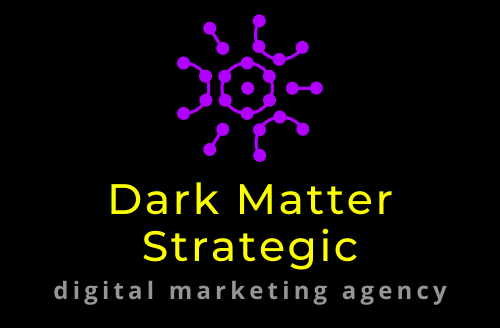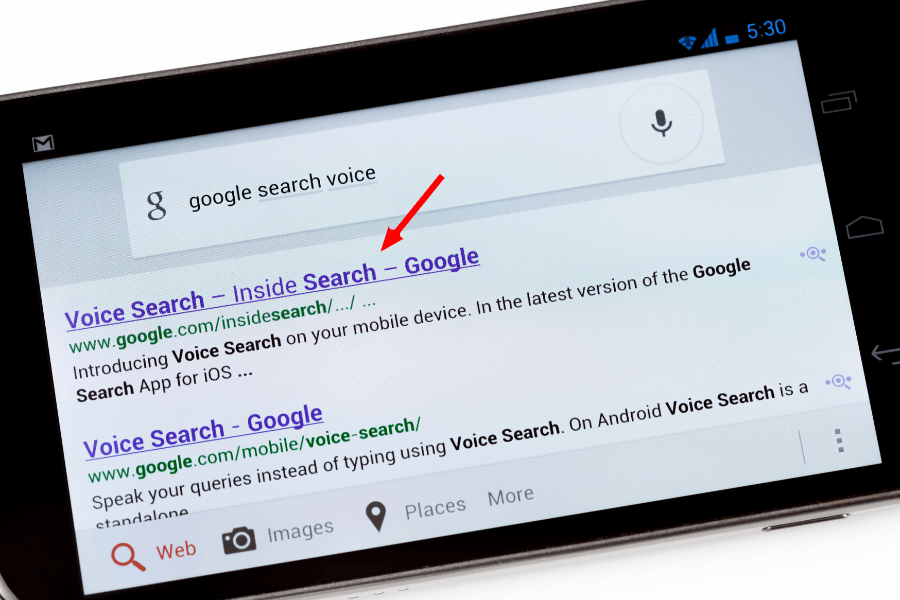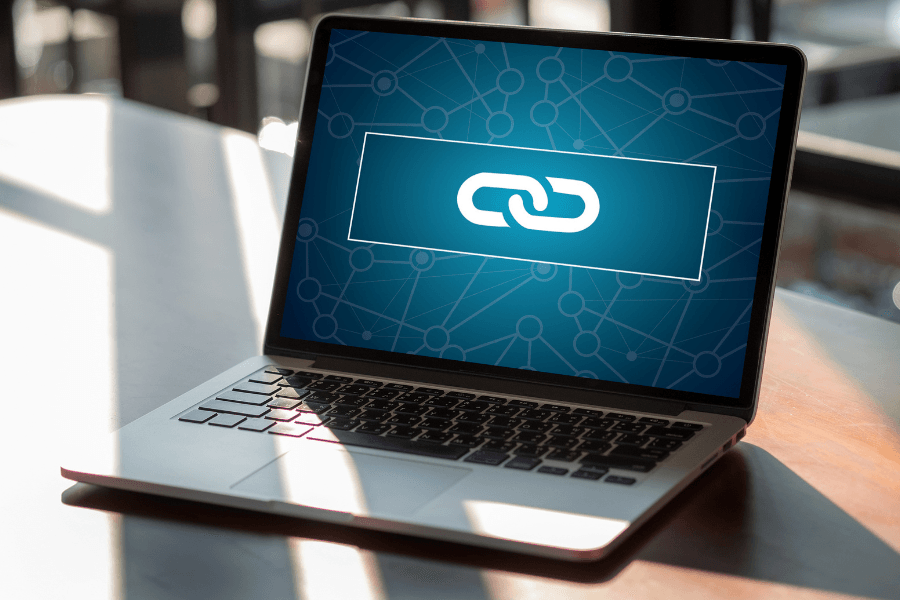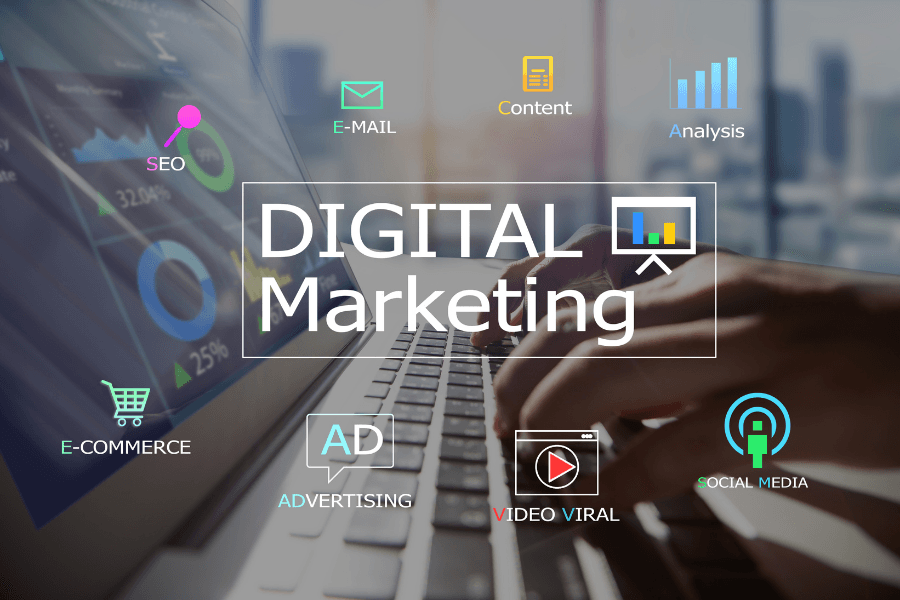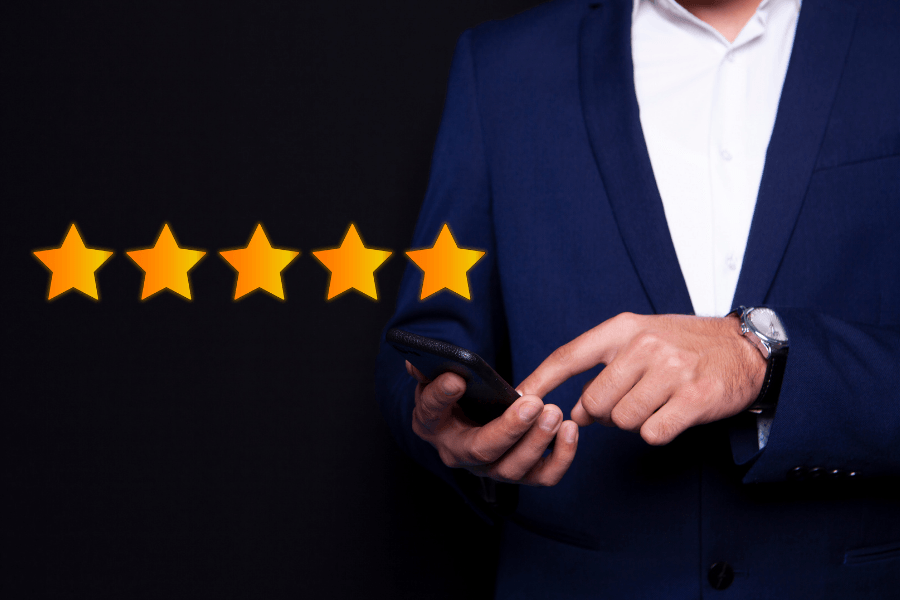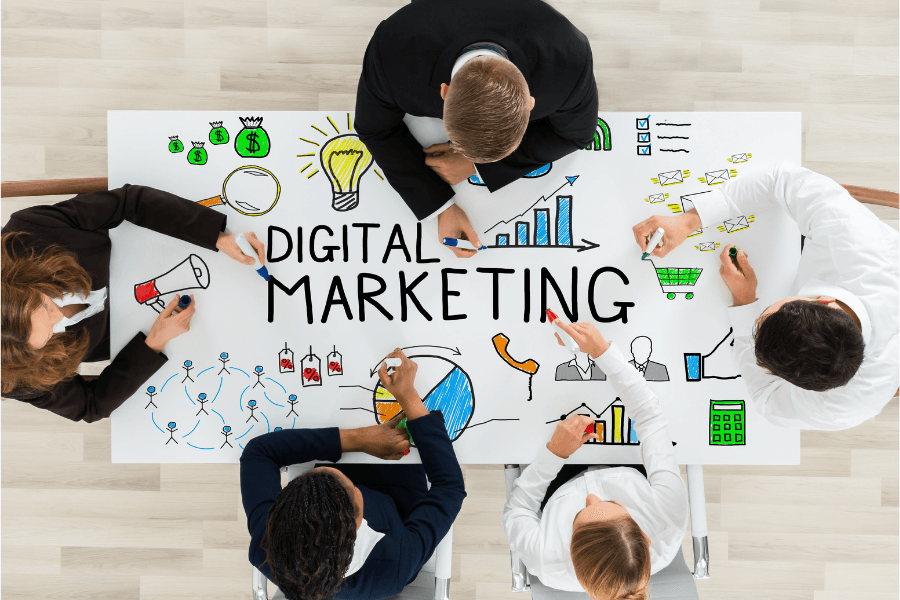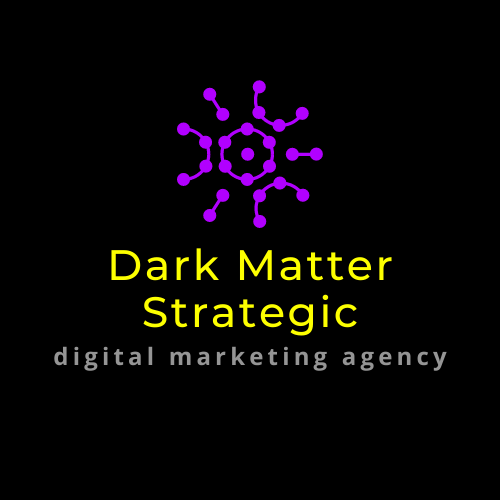July 15, 2022
What is On-page SEO and How to Use it Correctly
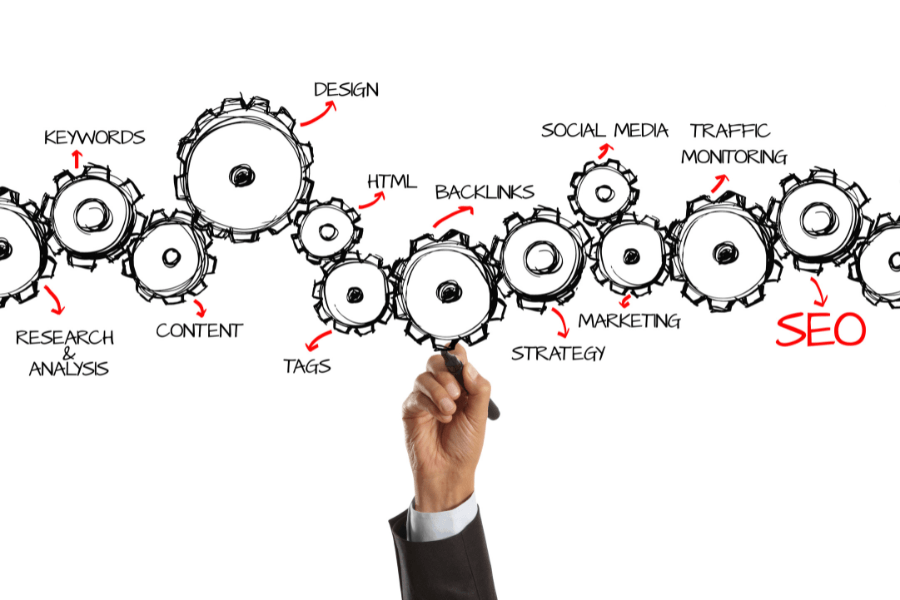
Your potential customers are out there, right now, intentionally searching for what you have to offer. This is your best customer, in the buyer’s journey, money in hand, wanting to get a problem solved.
This is described as “Intent Search” so “Intent Marketing” is about putting your business in front of those individuals, whose behavior dictates that they are more likely to take a certain action or make a certain purchase.
Is your SEO optimized, so you're the one they see when they type in “your product/service near me”?
80% of the calls come from page one
15% come from page two
5% come from page 3 and beyond
Does your business show up in the map pack or on page one for keywords relevant to your business?
If not, you’re missing out on easy sales and why your website needs to be optimized.
Search Engine Optimization (SEO) is the practice of optimizing your website to improve your rankings in search engines, perfectly positioning your business to take advantage of what your potential customers are already searching for (again, “product/service near me”).
There are two main types of SEO: On-page and Off-page. On-page SEO is the process of optimizing your website’s content, structure, and URLs. Off-page SEO is the process of improving your website’s reputation and visibility by building links from other websites. In order to improve your website’s ranking, you need to understand both on-page and off-page SEO.
There is a lot to cover on each topic, so In this article we will break down what on-page SEO is and how it is important for your online visibility. Having the knowledge of these two types, leveraging them both, and doing them correctly, can create massive exposure for your business and can bring massive amounts of traffic to your website.
Stay tuned for the next article on what off-page SEO is! Let’s get started…
What is On-Page SEO?
On-page SEO (AKA On-site SEO) uses content on both your website and technical elements to increase the quality of a particular page. Here are the some of the major things that google looks at when crawling your website:
Content- URL Structure
- Meta descriptions
- Title tags
- Page loading speed
- Interlinks
- Image alt text
- Headings
Content:
Content is the most important factor Google looks for in determining the quality of your site and where your page ranks relative to the competition. We recommend having at least 2,500 words on the home page and 500 words on all other pages, except for maybe the "contact us" page.
Not just any content will do though. The content you have on your website must be relevant to the product or services you are selling and what the prospect is already searching for on the internet. It has to be content that the web user wants to consume.
On the flip side, Google does not like repetitive or "similar" content. It likes fresh, original, new content. Content that will keep the visitor on your site and improve their experience. The longer they stay on your site, the better Google likes it.
Correctly incorporating relevant keywords into your content is extremely important as well. If you are “keyword stuffing” (i.e. use a keyword too many times on a page), it doesn’t sound like “natural language”, so it will negatively affect your rankings. Making it hard to rank for those keywords.
Do your research. Put in the time and research the most popular keywords in your industry and incorporate that into your content on your website.
This can be easily accomplished by using tools like AskThePublic.com or typing the keyword into Google and seeing what other suggestions come up (i.e. type in “content creation” and you will get content creation tools, …jobs, …software, …platforms, …ideas and a host of others).
URL Structure:
The way you structure your URL is important. Make sure when you are structuring your
URL for each page that you incorporate major keywords. Using a different keyword in each URL you have on your site will prevent keyword stuffing, and can allow your site to rank higher in multiple search terms.
Try to keep your URLs shorter in length. Keep it simple
Meta Descriptions:
A meta description is the snippet that you see on a search engine result that briefly describes what that page is all about. Refer to the image below:
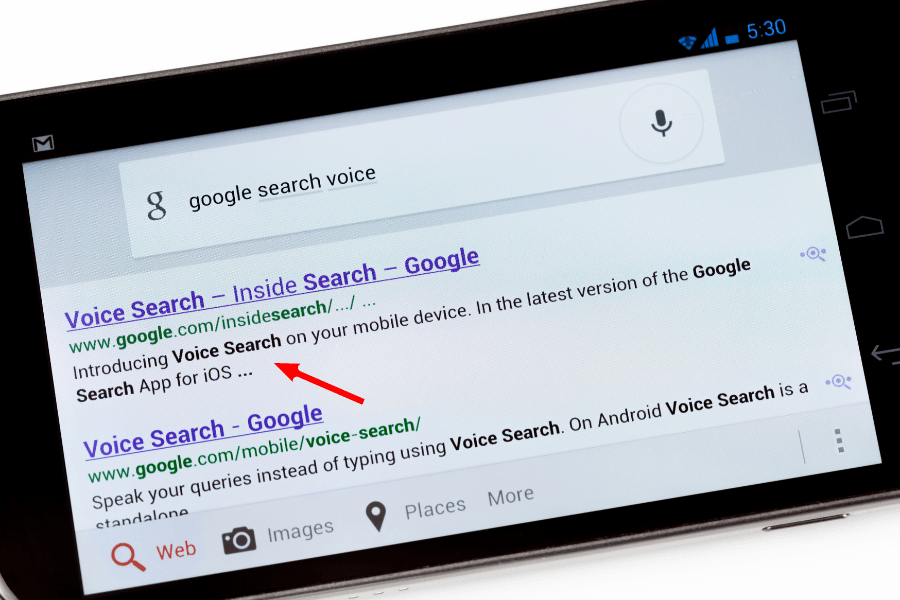
To fully optimize your meta description we recommend keeping this to a limit of 160 characters in length. If it is too long, it can hurt your search rankings and it will be considered an on-site SEO error.
Your meta description is a good opportunity for you to use keywords as well. Again, we caution you to avoid keyword stuffing here also.
Title Tags:
A title tag is the big, bold, one line description that shows up on a search engine search result. It will also show up in your tabs when hovered over it above your browser. A good example is in the image below:
Keeping it brief, under 130 characters in length, using the proper keyword, to help with your On-site optimization.
Page Load Speed:
Page loading speed is a web design issue that is important to search engines because people expect a page to load quickly. Often, if it takes any longer than about 3 seconds to load, users will leave your website. One of the main goals for a search engine is to “create the best user experience possible”, this helps to enhance the user experience.
Interlinks:
An Interlink is basically
one page that links to another inside your website through an anchor text or a “Hyper-link”. This can also be an element that is clickable within the page.
In the eyes of the search engines, this makes it easier to crawl and creates a better user experience by allowing site visitors to easily navigate your site.
Another reason why this is important for SEO is that it makes the visitor stay on the website longer. The longer someone is on your website, from you having lots of good, relevant content, then the higher ranked you site will be in the search engines.
Using high volume keywords for your anchor text is another great opportunity to increase your rankings in multiple search terms.
Image Alt Text:
An image alt text (alternative text) is content used to describe images and are very helpful for visually impaired users. The search engines like you to be as descriptive as possible when filling this out.
We recommend 125 characters or less, incorporating keywords to appropriately describe the image and/or your services or products. This is another opportunity to feed the Google Spiders relevant keywords about your business and what you offer your target market.
Headings:
Headings range from H1-H6. H1 being the main title of that page. It is strongly recommended to use a keyword or phrase as your H1 header. If this is being used correctly there should only be one H1 header on each page.
H2 is normally the “sub-title” of the page. There should only be no more than 2 on your page or it not being used correctly.
The level of importance is as listed. Not all headers may be necessary depending upon what your content is all about. (*Note: Just because it has a large font doesn’t mean it is set up to be a header.)
On-page SEO is one of the most important aspects to get your website seen by prospective customers especially leveraged with Off-page SEO. It’s what helps Google and other search engines determine the relevance of your site for certain keywords or phrases and why it’s so important to have a highly optimized website with great on-page SEO.
Doing these strategies will help you rank higher and stand out from your competition on the search engines, resulting in more prospects calling your phone, visiting your site, or walking through your door, wanting to do business with you.
If you want to make sure your SEO is done properly, or just don't have the time to learn it, contact Dark Matter Strategic today at (208) 810-4600 or by email at hello@darkmatterstrategic.com
Our team of experts will be happy to help you get the results you need and deserve from your online marketing efforts.
Read our next article to learn about Off-page SEO and what it can do for your website rankings.
